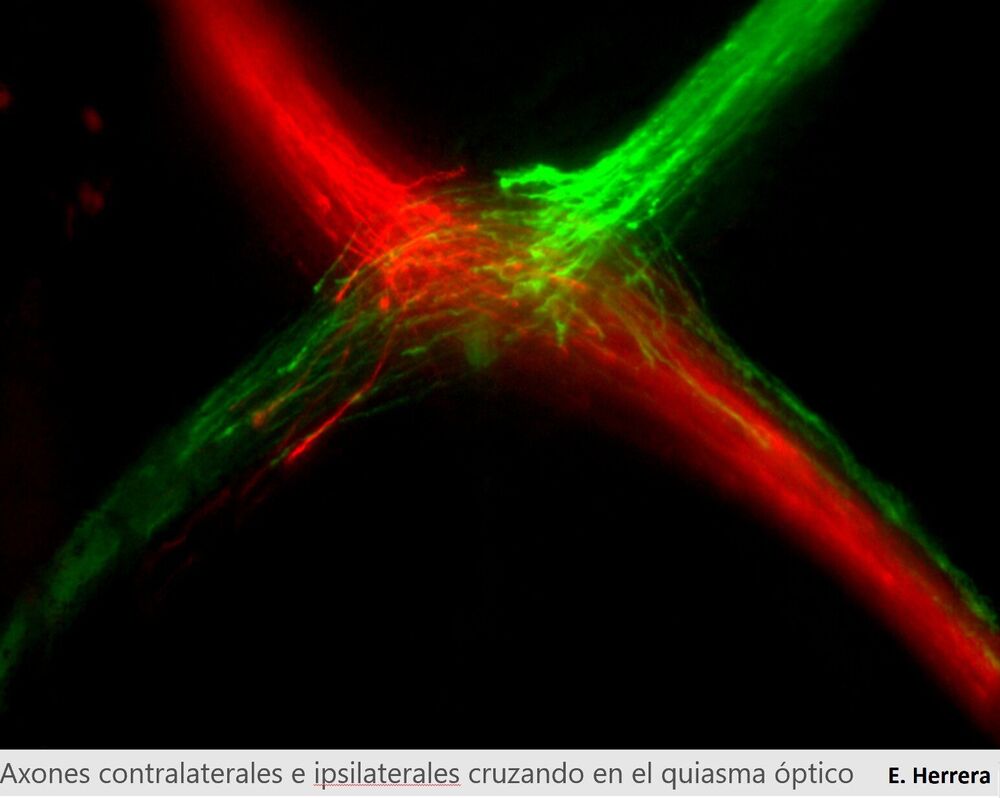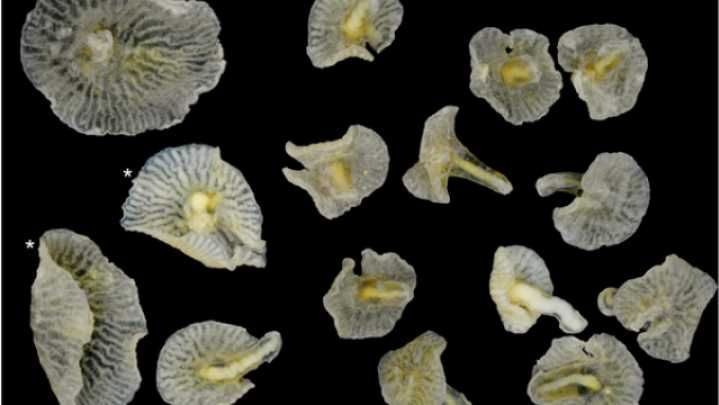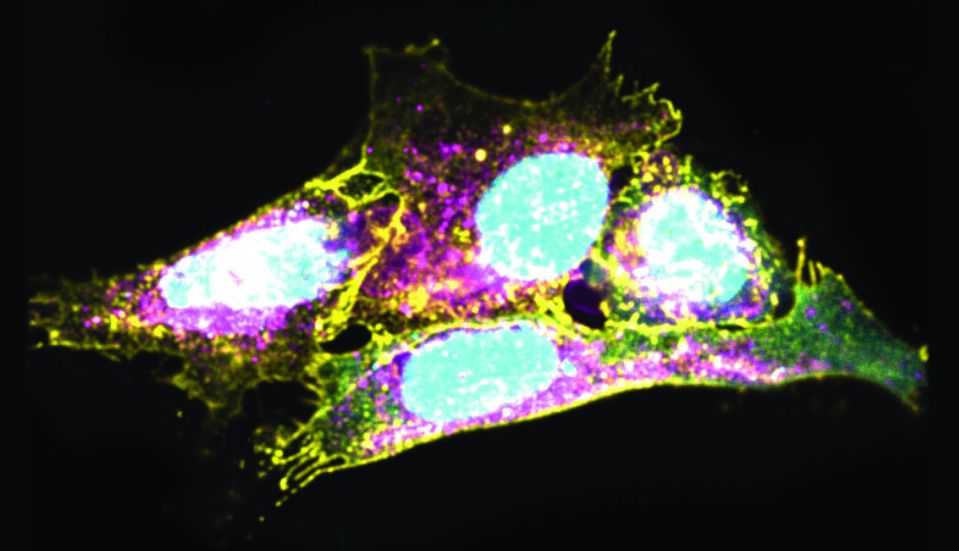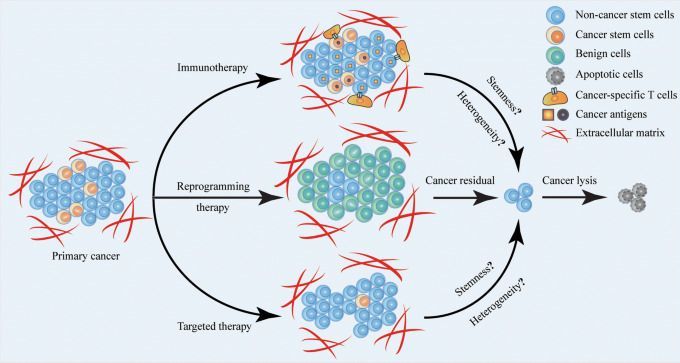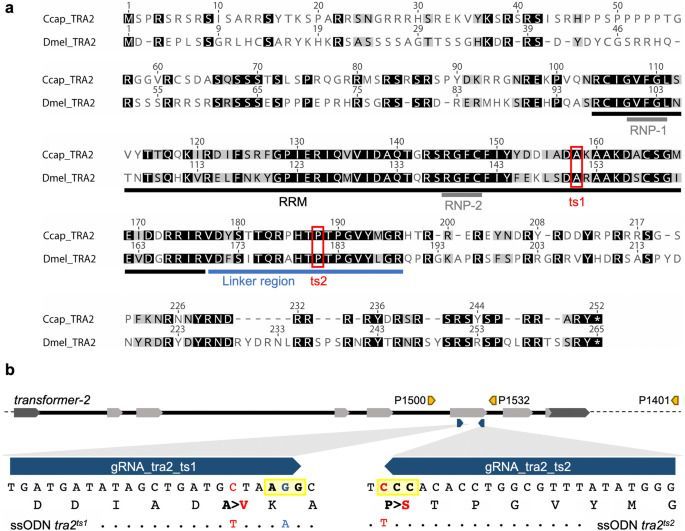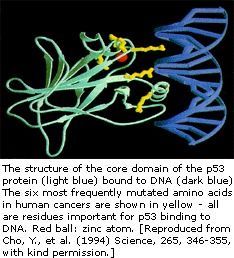A group of researchers from the Institute of Neurosciences UMH-CSIC, in Alicante, led by Dr. Eloísa Herrera, has discovered a genetic program essential for the formation of bilateral circuits, such as the one that makes possible 3D vision or the one enabling motor coordination. The finding, carried out in mice, is published today in Science Advances.
This new study not only clarifies how images are transmitted from the retina to the brain in order to see in 3D, but also helps us to understand how laterality is established in other neuronal circuits, such as the one that allows us to coordinate movements at both sides of the body, Dr. Herrera explains.
The work also reveals the important role of a protein known as Zic2 in the regulation of a signaling pathway called Wnt, which is fundamental for the correct development of the embryo and is highly conserved among species, from fruit flies to humans, including mice, in which this study has been carried out.
